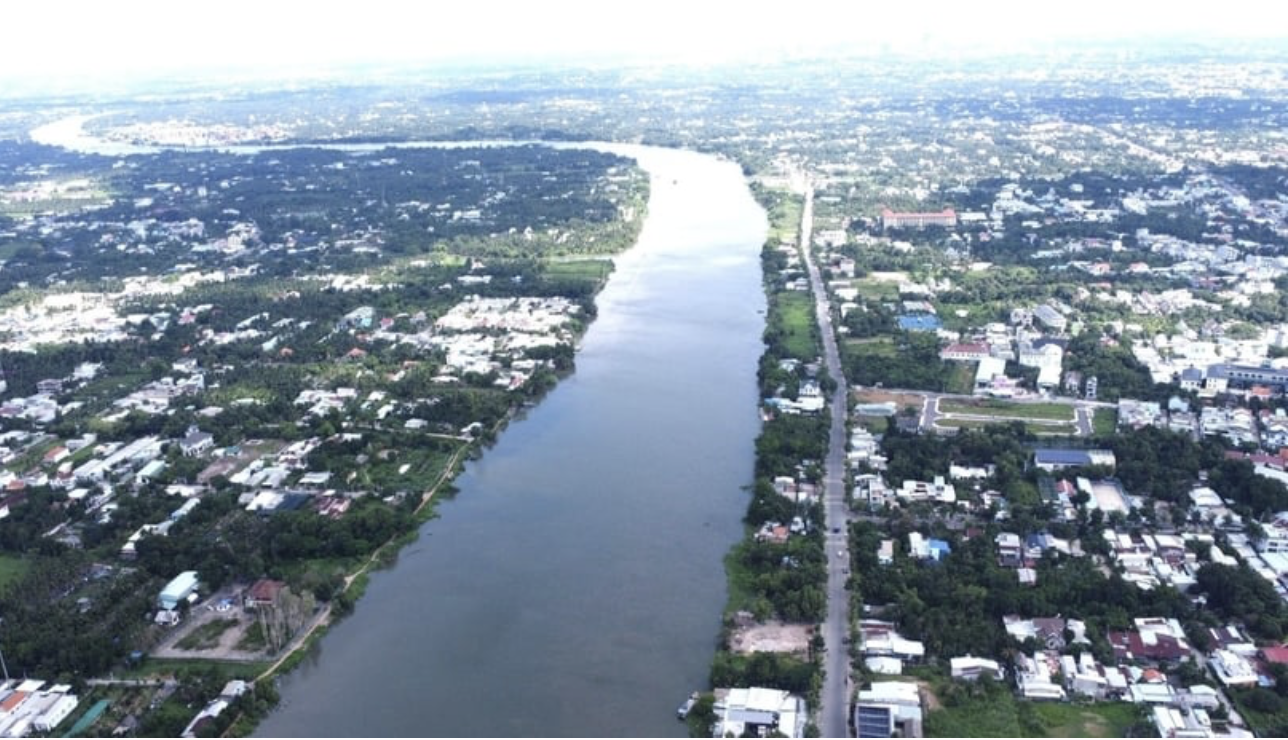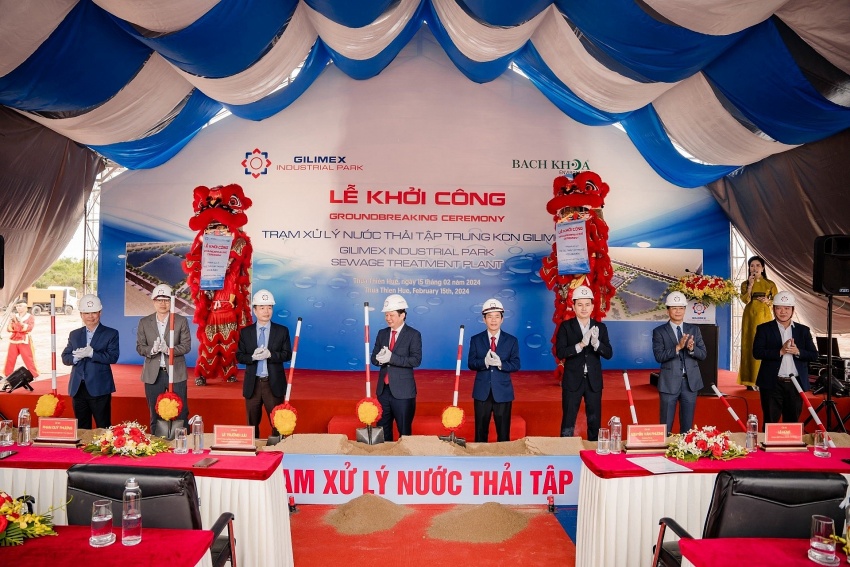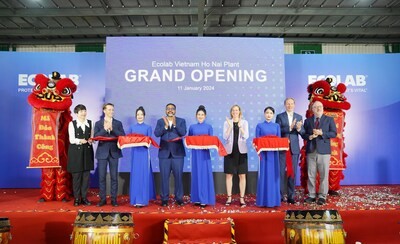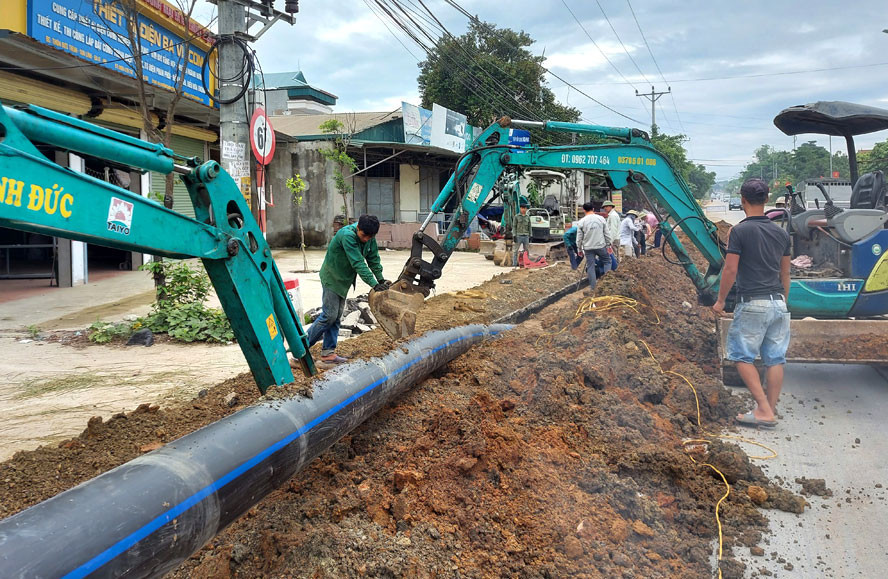Domestic wastewater management and microplastic pollution treatment in the ASEAN region
The ASEAN Secretariat has recently coordinated to organize the Regional Science-Policy Dialogue Program to address challenges in domestic wastewater management and microplastic pollution in the ASEAN region.
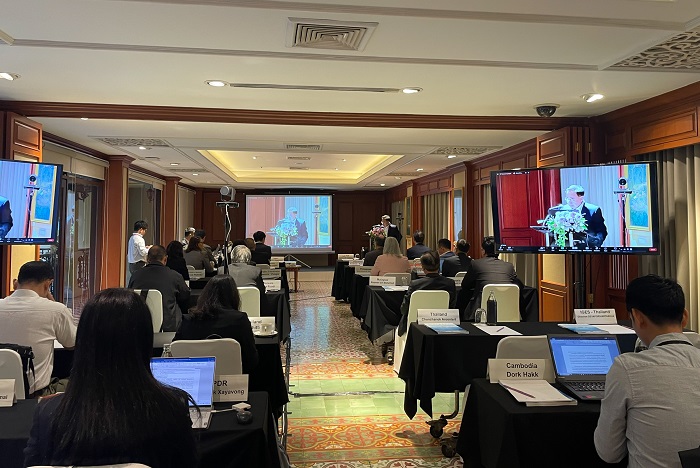
View of the dialogue program
Within the framework of the program taking place in Bangkok (Thailand), delegates participated in many dialogues, exchanged knowledge, and shared practical experiences to promote decentralized wastewater management in the region. ASEAN; At the same time, we discussed promoting the solution of water pollution and microplastic pollution in the region.
Specifically, delegates heard representatives of the Institute for Global Environmental Strategies (IGES) share information and results of the project “Strengthening capacity development for local governments in the ASEAN region to solve environmental problems”. Addressing microplastics and water pollution through decentralized domestic wastewater management method” (PoDIWM-2), funded by the Japanese Government through the ASEAN – Japan Integration Fund. This initiative aims to address the challenge related to water pollution due to inadequate domestic wastewater management and the growing concern about microplastic pollution in the ASEAN region, causing serious impacts on the ecosystem. marine ecology, biodiversity, human health.
The project also plays a fundamental role in developing institutional and policy design, introducing technology to stakeholders in the ASEAN region on decentralized domestic wastewater management (DWM) solutions. PoDIWM-2 also contributes significantly to the achievement of Sustainable Development Goals 6, 11 and 14 in the ASEAN region; create conditions to further improve the technical capacity of the water sector of localities and Governments in the ASEAN region.
During the two days of the program, February 21 and 22, many presentations and training courses to develop technical capacity related to sustainable decentralized wastewater management were also introduced. Along with that are the contents of sustainable comprehensive sanitation planning throughout the urban area, including integrating appropriate measures of decentralized wastewater and fertilizer treatment systems into the planning process; Practical guidance on developing master plans and regulations on decentralized wastewater management (DWM) at the urban level. Procedures for sampling, processing and analyzing microplastics; monitoring at wastewater treatment facilities and receiving rivers, including lessons learned from Japan; Visit the Global Water and Sanitation Center, Performance Testing Laboratory (NATS) at the Asian Institute of Technology (AIT)…
Source: nangluongsachvietnam.vn



